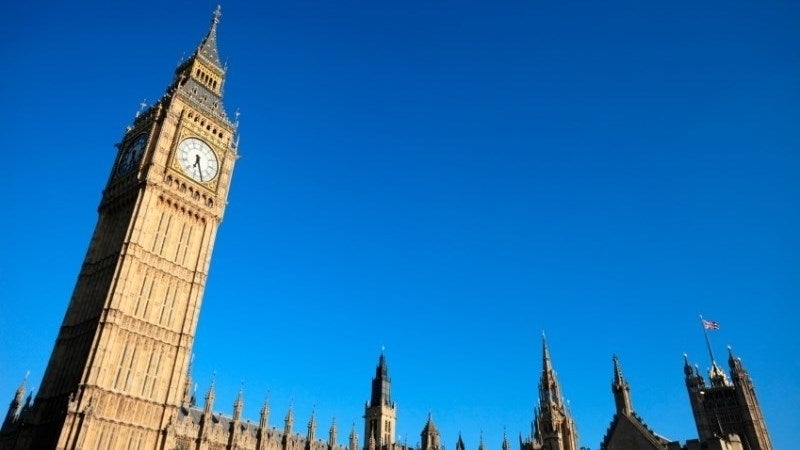The UK government has put in place several measures to help with the recent cost of living crisis and rising energy costs. By the end of 2022, with rising cost, it is estimated that the energy price cap will see energy bills rise to £3,000 per year for the average household. Which does not follow the trend of the national living wage.
This is a significant increase of £1,700 ( a 76 per cent increase) from the past year when household bills were typically much lower.
The Recent Cost of Living Crisis – Rising Costs
Most households are now facing a decline in living standards, with average wages failing to keep up with inflation. Poorer households are being hardest-hit by rising costs, however, due to the fact that low income households spend the largest proportion of their income on expenses like energy bills.
Government Support towards rising prices
The government has several policies in place to help with the rising cost of living, especially when it comes to energy.
£150 Council Tax Rebate
The government has also introduced a council tax reduction in the form of a £150 rebate to combat living pressures for households in England. This rebate is available to any households that are in council tax bands A to D and should have been received for people that pay by direct debit.
If you have not received a council tax rebate yet, you should contact your local council.
£400 Grant towards energy bills
Government support will provide a £400 grant which will be paid directly into everyone’s energy accounts. This doesn’t need to be paid back and will help to offset some of the rising energy costs. The £400 payments will start to be made in October.
Means-Tested Benefits & Low Income Households (Universal Credit, Child / Working Tax Credits)
The government has also put in place another measure to help those on low incomes. If you are claiming Universal Credit or Child / Working Tax Credits, you will be eligible for an additional payment of £650 towards housing costs.
This will be paid in two instalments, once in Summer and the final payment in Autumn.
Disability Benefits (Personal Independence Payment, Disability Living Allowance)
The government has also announced that disabled people in receipt of Personal Independence Payment (PIP) or Disability Living Allowance (DLA) will receive an extra £150 to help with bills. This is as well as the £400 that everyone will receive.
People in receipt of Pensions
As well as the points listed above, the government announced that people who receive pensions will receive an extra £300 to help with costs. This doesn’t take into account that pensioners also receive between £100-£300 per year from the Winter Fuel Payment scheme to combat the increase due to cold weather.
If you feel you are likely to struggle with your bills there are a number of things you can do to help lower your costs. The government has also launched a website that gives households tips on how to save money on their energy bills.
Fuel Vouchers
You also may be eligible for a fuel voucher to help with the cost. This is dependent on:
- if a prepayment meter is in use
- you don’t use gas or electricity for your heating
Your local council will be able to help you getting one of these, you would need to contact them directly.
Need Debt Advice?
If you are struggling with any debts due to the rise in household bills, at Become Debt Free we have decades of experience helping people in situations such as yours. We can consolidate all your debts into a single monthly payment if your debts are above £7,200. Perhaps an Individual Voluntary Arrangement would help you.
Please don’t hesitate to get in touch.
Conclusions
In short, the government has put in place a number of measures to help keep costs down for households. All sectors of the population will receive some sort of help.
Information can be found here from the governments website – Cost of Living Support








